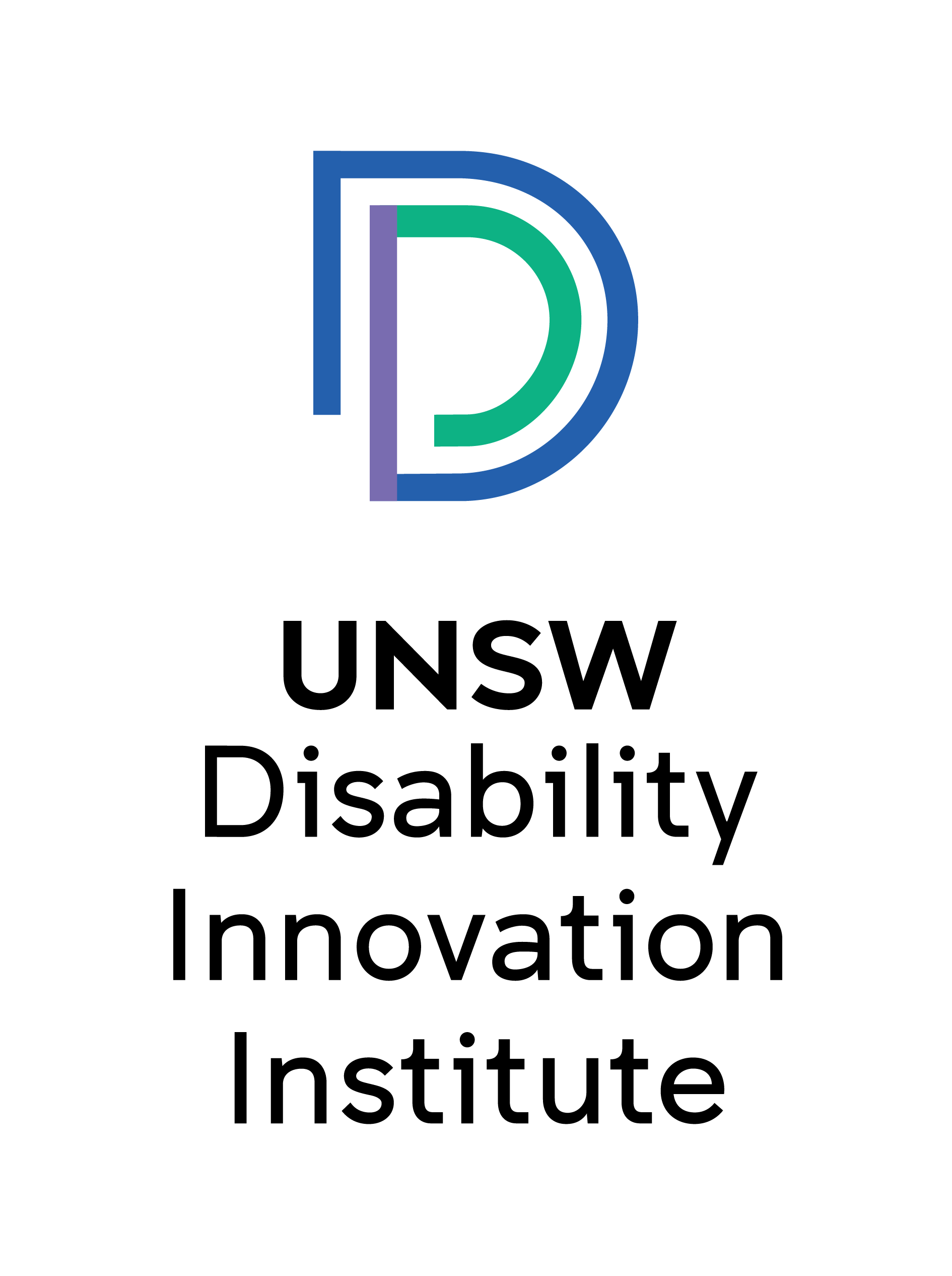It has been good to see life returning to the UNSW campus over the last few months, post the various COVID lockdowns but still with measures in place to maximise everyone's safety. We are becoming used to wearing masks in classrooms and offices, and keeping our buildings better ventilated than perhaps we used to. The lifting of COVID restrictions in NSW of course has not been entirely uncontroversial. One issue that is of major concern to many people with disability is retaining the flexibility that working from home and hybrid working has offered. The way in which businesses and organisations, including universities, managed to modify their working practices at the start of the pandemic proved that such flexibility was a matter of willingness rather than practicality. In other words, measures that had previously been rejected as impossible for a workplace to institute suddenly became possible when everyone, not just people with disability, needed them.
However, returning to some kind of normality has sometimes meant abandoning or at least reducing this flexibility. Many people with disability are concerned that one of the vanishingly few benefits of the pandemic, the commitment to "build back better" and maintain a more inclusive society, is being lost. UNSW remains committed to its policy of accessibility and the greatest possible inclusion, and the UNSW Disability Innovation Institute will continue to remind people that many of the adaptations to online and hybrid working created a more inclusive environment for all.
The next instalment in our podcast series will soon be available online. We are delighted at the sucess of these podcasts. If you're a member of our audience then please do send in ideas for topics, themes, or issues you'd like us to address in future podcasts.
As we announced last month, our seed funding program has restarted. We are delighted to be able to announce that Associate Professor Carlo Caponecchia from the School of Aviation has been successful in his application for funding entitled 'Organisational systems to facilitate increased accessibility of public spaces'. Carlo has become an Associate of the Institute. You will soon be able to read more about the proposed research, and we look forward to hearing about his work in due course.
Finally, a quick flag that the week 24 to 30 April is World Immunisation Week. Sponsored by the World Health Organization, this week aims to promote the use of vaccines to protect people against disease. Of course, in the last couple of years the COVID pandemic has made vaccination a topic of everyday conversation (and contention). But it's worth remembering that vaccines have been around for centuries and have not only helped prevent disease but also the disabling consequences of serious illnesses. Less obviously, immunisation (as we have seen with COVID) sometimes means that more people survive an illness with some level of ongoing disability, and lives extended by vaccination also means more people living healthily to a point where age-related impairment becomes an issue. All of this underlines the relevance of immunisation to disability and disability awareness. The World Immunisation Week website is worth a visit.

